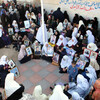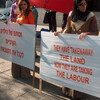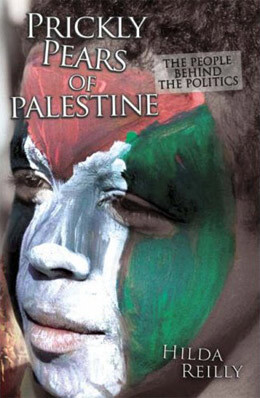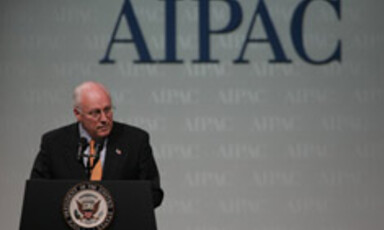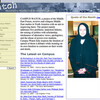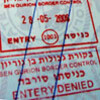
Changes to denial of entry policy fail to resolve crisis
17 January 2007
A notice recently issued by the Israeli Coordinator of Government Activities in the Territories (CoGAT), states changes in Israel’s policy of denying entry to foreign nationals traveling into the occupied Palestinian territory (oPt). The notice, delivered to chief Palestinian negotiator, Dr. Saeb Erakat on December 28, 2006, states that entry of foreign nationals “will be permitted through means of the military commander’s consent.” The notice further explains that restricted foreign nationals will be ‘eligible’ to apply for temporary entry into the oPt as well as periodic visa renewals. It outlines the procedures for processing these applications. Read more about Changes to denial of entry policy fail to resolve crisis
